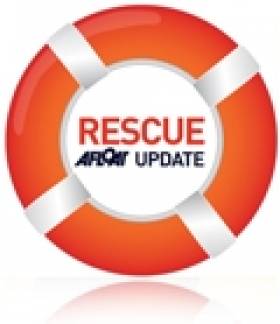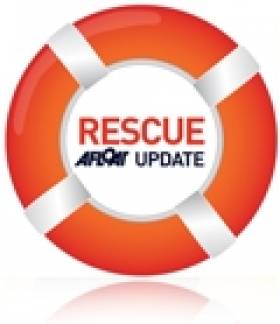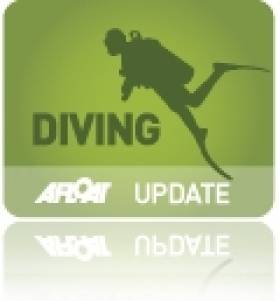Displaying items by tag: Cork University Hospital
Search Resumes for Missing Fishermen in West Cork
#RESCUE - The search resumed this morning for five men missing after their fishing boat went down in rough seas in West Cork early yesterday, The Irish Times reports.
One of the six-person crew of the Tit Bonhomme was rescued when he was able to reach the shore, after the boat ran aground near Adam's Rock at the mouth of Glandore Harbour.
The missing include skipper Michael Hayes from Helvic Head in Co Waterford, Dubliner Kevin Kershaw (21) and Egyptians Said Mohammed (23), Wael Mohammed (35) and Attea Ahmed Shaban (26).
Abdul Mohammed (43) was airlifted by Irish Coast Guard helicopter to Cork University Hospital, where he is in a stable condition.
As previously reported on Afloat.ie, the fishing boat was returning to its home port of Union Hall early on Sunday in strong force 7-8 southeasterly winds when the incident occurred.
Naval Service and Garda divers were scheduled to search the sunken vessel today after postponing yesterday due to poor light and big swells.
The Irish Times has more on the story HERE.
Fisherman on Spanish Boat Airlifted to Cork
The skipper of the fishing vessel Albelo Primero radioed the Irish Coast Guard's Marine Rescue Co-ordination Centre on Wednesday night, reporting that a 33-year-old crewman had taken ill and required emergency medical attention.
The man was airlifted by coastguard helicopter to Cork Airport and transfered by ambulance to Cork University Hospital.
The Irish Times said his condition is not understood to be life-threatening.
Kitesurfer Injured in West Cork
The Irish Times reports that the man got into difficulty in high wins while kitesurfing in Courtmacsherry Bay.
He was taken by Irish Coast Guard helicopter to Cork University Hospital, where he is reportedly in a stable condition.
Two kayakers and two windsurfers were also rescued in the Kinsale area on the same day in treacherous windy conditions.
Quarry Divers Airlifted for Treatment
Four divers were airlifted to hospital yesterday after getting into difficulty while exploring a flooded quarry in Portroe, Co Tipperary.
RTÉ News reports that one of the divers, a man in his 20s, was airlifted by the Shannon-based Coast Guard helicopter to Navy headquarters at Haulbowline in Cork, where he was treated in a decompression chamber.
His three companions were taken to Cork University Hospital as a precaution against decompression sickness.
A hospital spokesperson told the Irish Examiner that none of the group is in a serious condition, though all four are being kept under observation.
Second Attempt to Airlift Injured Crewman Successful
The Shannon-based Coast Guard Helicopter reached the boat shortly before 2pm and succeeded in taking the fisherman, an Egyptian national, on board.
The man, who had sustained serious injuries after being struck by a steel hawser, was to be taken to Cork University Hospital.
An earlier attempt to airlift him from the vessel when it was 110km south of Kinsale had to be abandoned when the helicopter flew into a snowstorm and its cockpit window iced over.

































































